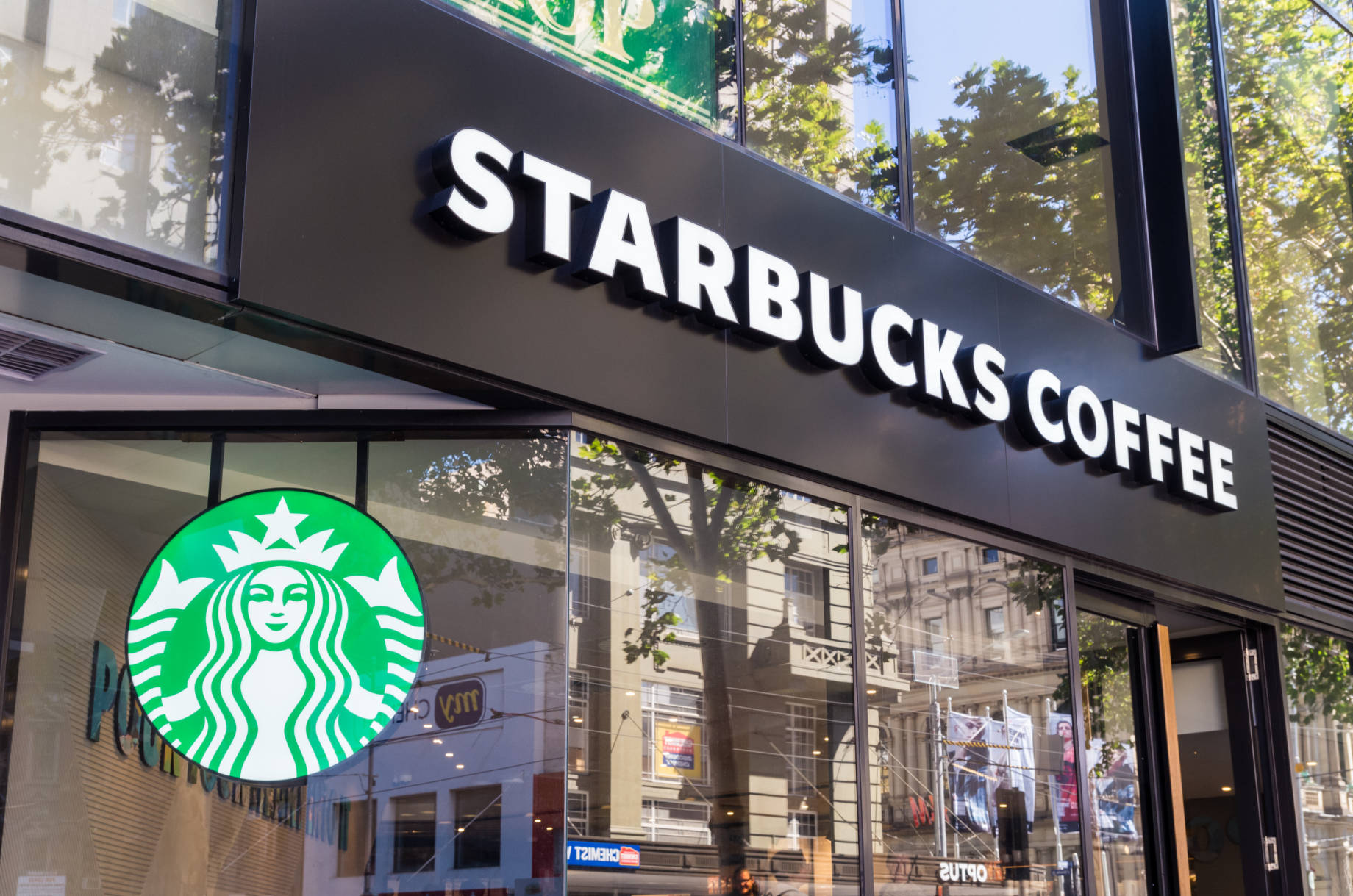
No matter how amazing your office is, if you’re missing one critical compliance notice in the break room, you could be on the hook for thousands of dollars in fines. Government agencies, like the DOL, OSHA, and the ADA, require businesses to comply with certain signage requirements for accessibility and safety reasons. Whether you’re a startup or a seasoned business owner, signage compliance is essential yet often overlooked.
ADA signage for accessibility is the law
ADA-compliant office signage is federal law. Businesses open to the public must provide signage that meets certain standards set by the Americans with Disabilities Act (ADA).
Permanent rooms and spaces like restrooms, conference rooms, and exits must have tactile characters and Grade 2 Braille. There are also positioning and height requirements that must be followed.
If some of your rooms get rotated in terms of their purpose or you need to change signage once in a while, you can get custom ADA Braille signage that slips easily in and out of mounted frames. These work perfectly on walls and doors and blend in seamlessly with office décor.
Federal labor law posters are non-negotiable
Every business with a physical location and employees must display specific federal labor law posters where workers can easily read them. However, there are different requirements for who must post each sign. The signs include:
- “Employee Rights Under the Fair Labor Standards Act” poster. The Fair Labor Standards Act (FLSA) poster outlines minimum wage, overtime, and child labor laws. You can download the official poster from the Department of Labor’s website in various languages or buy a polished sign online.
- “Job Safety and Health: It’s the Law” poster (OSHA). This poster outlines employee rights under the Occupational Safety and Health Act.
- “Employee Rights and Responsibilities Under the Family and Medical Leave Act” poster. This poster summaries employee rights to take unpaid, job-protected leave under the FMLA.
- Migrant and Seasonal Agriculture Worker Protection Act Notice. This poster outlines protections for migrant and seasonal agriculture workers under the MSPA.
- Employee Polygraph Protection Act Notice (EPPA). This poster informs employees that most private employers are prohibited from using lie detector tests for pre-employment screening and during the course of employment.
- “Your Rights Under USERRA” notice. This poster informs employees about their benefits and protections related to military service.
- Employee Rights Under the H-2A Program. This poster informs workers employed under the H-2A visa program about their rights concerning wages, housing, transportation, and disclosure of information.
- Various federal posters. There are a handful of posters that need to be posted by contractors and subcontractors working on projects financed by federal funds.
Not all of these posters are required in every workplace, so it’s essential to consult a labor law attorney on the matter. However, failing to post required signage can result in fines and lawsuits from employees who don’t know their rights.
State and local posters may also be required
In some states like California, New York, and Washington, businesses are required to post updated minimum wage rates alongside the federal wage and hour posters.
Certain cities also mandate signage about smoking zones and cannabis-free workplaces, even when cannabis is legal at the state level.
States with large multilingual populations are usually required to display all posters in multiple languages.
Licenses and permits
Depending on your industry, you might need to display your business license, certifications, and special licenses. For example, restaurants, salons, law firms, liquor stores, cigar shops, and even retail businesses are required to visibly post business licenses and other forms. In food service, health department scores must be prominently displayed as well.
Retail stores are typically required to display their refund and exchange policies as well as complaint hotlines and fraud prevention notices.
Industries have specific mandates
Although many industries are required to display some of the same posters, highly regulated industries are more complex. For example, healthcare facilities have to display HIPAA privacy notices, patient rights signs, and infectious disease protocols in waiting rooms and treatment areas.
In childcare and education, emergency contact posters, abuse reporting procedures, and licensing credentials are required to be visible. And per OSHA, construction and manufacturing require site-specific hazard signage, PPE reminders, and fall risk notices.
Compliance is easy
Signage compliance is a legal obligation that supports a safe and informed workplace while maintaining public trust. From federal posters to ADA Braille office door signs, posting every required sign is the only way to avoid hefty fines and lawsuits for violations. So, audit your space, update your signs, and make sure everything is up-to-date and compliant.